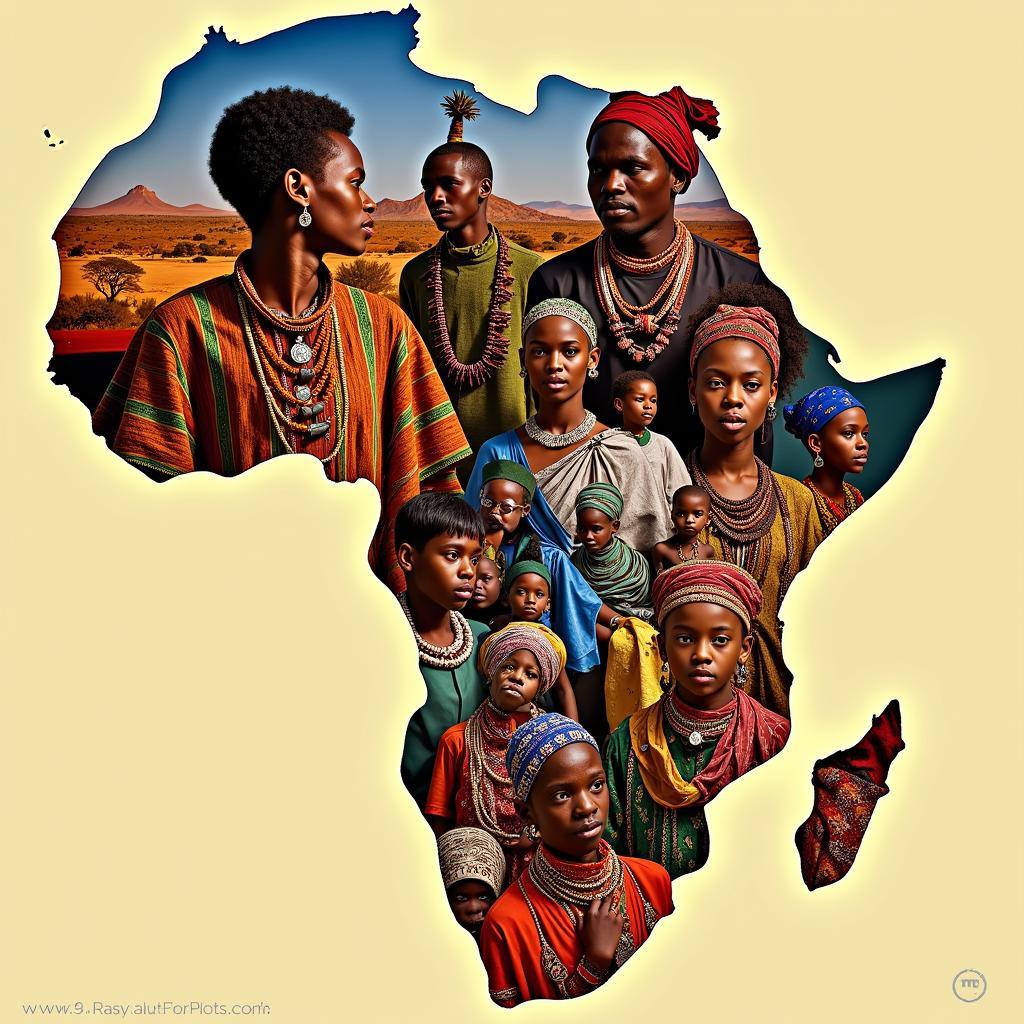African Americans and Poverty: Understanding the Complexities
African Americans And Poverty is a complex issue rooted in historical and systemic inequalities. This article delves into the factors contributing to this disparity, exploring its impact on communities and discussing potential solutions for a more equitable future. After centuries of oppression and discrimination, understanding the multifaceted nature of this issue is crucial to creating lasting change. Let’s explore the systemic challenges, the resulting disparities, and potential paths toward economic empowerment within the African American community. See how historical context and present-day realities intersect to shape the experience of poverty.
The Historical Roots of Economic Disadvantage
The legacy of slavery and Jim Crow laws has created a deep-seated economic divide. Denied access to education, land ownership, and fair wages, African Americans faced significant barriers to wealth accumulation. These historical injustices continue to reverberate, impacting wealth disparities and limiting opportunities for generations. The effects of systemic racism are evident in housing discrimination, limited access to quality education, and discriminatory lending practices. These factors have created a cycle of poverty that is difficult to break. Check out this collection of African American folk songs for a glimpse into the cultural expressions of resilience and struggle.
Redlining and Housing Inequality
Redlining, a discriminatory practice that denied services to residents of certain neighborhoods based on race, significantly limited African Americans’ access to housing and wealth-building opportunities. This practice systematically devalued properties in predominantly Black neighborhoods, hindering upward mobility and creating concentrated areas of poverty.
The Impact of Mass Incarceration
The disproportionate incarceration of African Americans contributes significantly to the poverty cycle. African American incarceration statistics 2019 reveal the alarming rates. The impact extends beyond individuals, affecting families and communities through lost income, increased social stigma, and diminished opportunities for employment upon release. “Mass incarceration decimates families and communities, robbing individuals of their potential and perpetuating a cycle of poverty,” notes Dr. Angela Davis, a prominent scholar and activist.
The School-to-Prison Pipeline
The school-to-prison pipeline, a system that funnels disproportionate numbers of Black students out of schools and into the criminal justice system, further exacerbates the issue. Zero-tolerance policies and inadequate resources in underfunded schools contribute to this cycle. This cycle often begins with disciplinary actions in schools, leading to suspensions and expulsions, ultimately increasing the likelihood of involvement with the criminal justice system.
 The School-to-Prison Pipeline and Disproportionate Minority Representation
The School-to-Prison Pipeline and Disproportionate Minority Representation
Breaking the Cycle: Pathways to Economic Empowerment
Addressing the complex issue of poverty within the African American community requires a multi-pronged approach. Investing in education, creating job training programs, and supporting entrepreneurship are crucial steps. Dismantling systemic racism and promoting policies that address historical injustices is essential for creating lasting change. The African Kid Series provides inspiring stories of young Africans overcoming challenges and achieving their dreams, offering a glimpse into the potential within every community.
Investing in Education and Job Training
Investing in quality education at all levels, from early childhood development to higher education, is essential for breaking the cycle of poverty. Providing access to job training programs that equip individuals with marketable skills is equally important.
What are the main contributors to poverty among African Americans?
Historical injustices, systemic racism, mass incarceration, and limited access to quality education are key factors.
How does mass incarceration impact African American communities?
It leads to lost income, increased social stigma, and diminished opportunities, perpetuating the poverty cycle.
What are some potential solutions to address poverty in the African American community?
Investing in education, job training programs, supporting entrepreneurship, and dismantling systemic racism are crucial steps.
Why is understanding the historical context important?
The legacy of slavery and Jim Crow laws continues to impact wealth disparities and limit opportunities for African Americans.
What is the school-to-prison pipeline?
It’s a system that disproportionately funnels Black students out of schools and into the criminal justice system, contributing to the cycle of poverty.
 African American Entrepreneurs Building Businesses
African American Entrepreneurs Building Businesses
Conclusion
The issue of African Americans and poverty demands a comprehensive and sustained effort to address the systemic inequalities that perpetuate it. By acknowledging the historical context, understanding the contributing factors, and implementing effective solutions, we can work towards a more just and equitable future for all. Promoting African and American people together fosters understanding and collaboration across cultures. “We must confront the systemic issues head-on to create real and lasting change,” emphasizes Dr. Martin Luther King III, continuing his father’s legacy of social justice advocacy. It is essential to continue advocating for policies that promote economic justice and create opportunities for all. Explore the African American population 2018 to gain further insights.
FAQ
- What is the poverty rate among African Americans?
- How does discrimination contribute to poverty among African Americans?
- What role does education play in addressing poverty within the African American community?
- How can systemic racism be dismantled to create economic opportunities for African Americans?
- What resources are available to support African American entrepreneurs and small business owners?
Need support? Contact us 24/7: Phone: +255768904061, Email: kaka.mag@gmail.com, or visit us at Mbarali DC Mawindi, Kangaga, Tanzania.

